MACHAS
News - All the latest news straight from the artists themselves
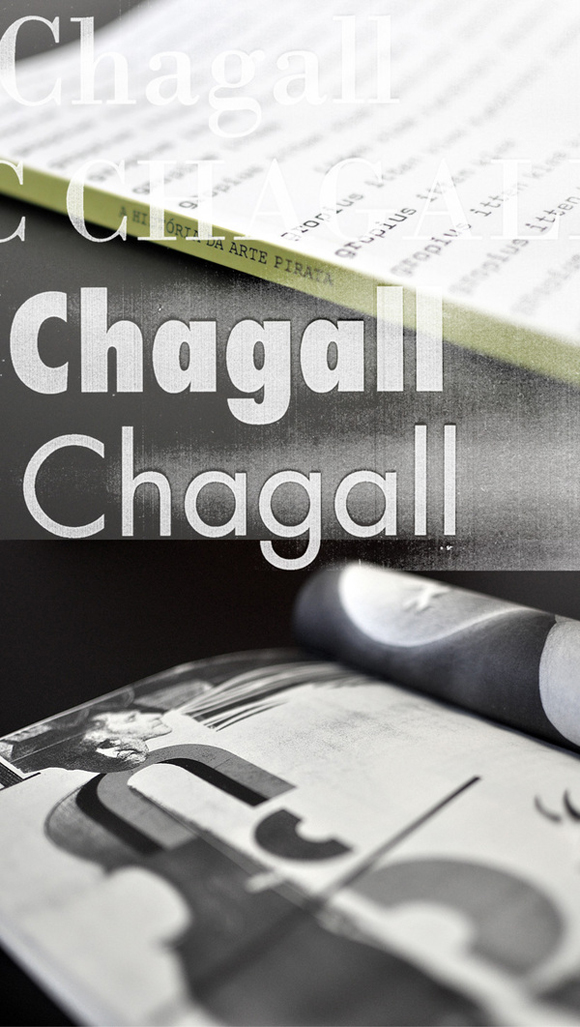
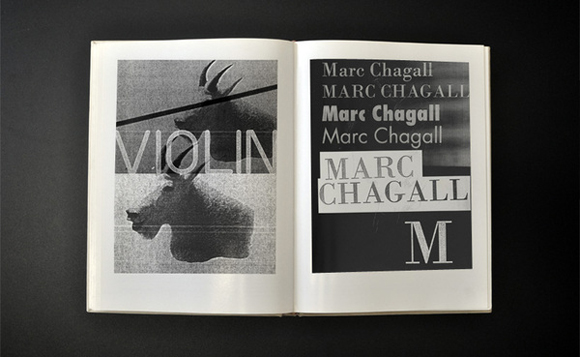
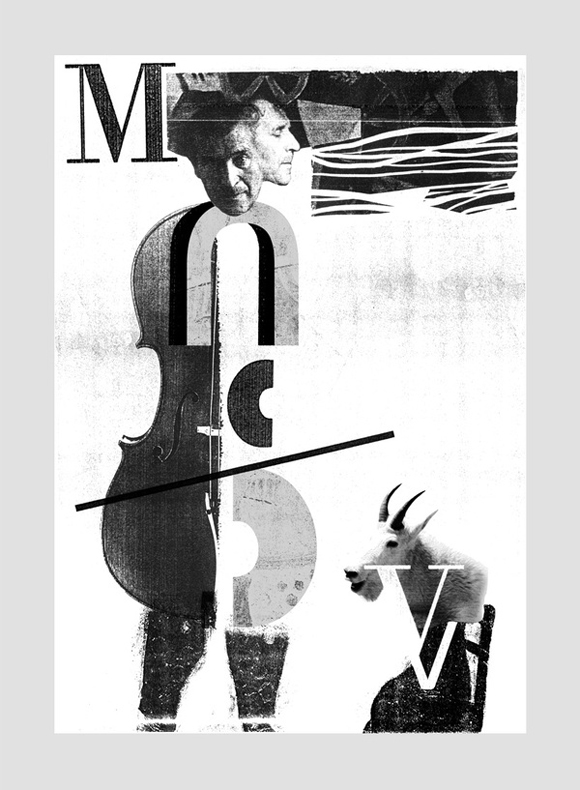
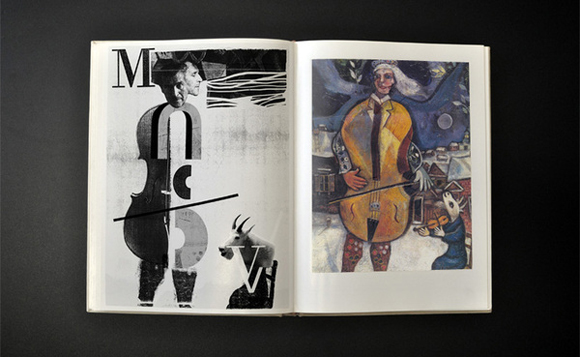
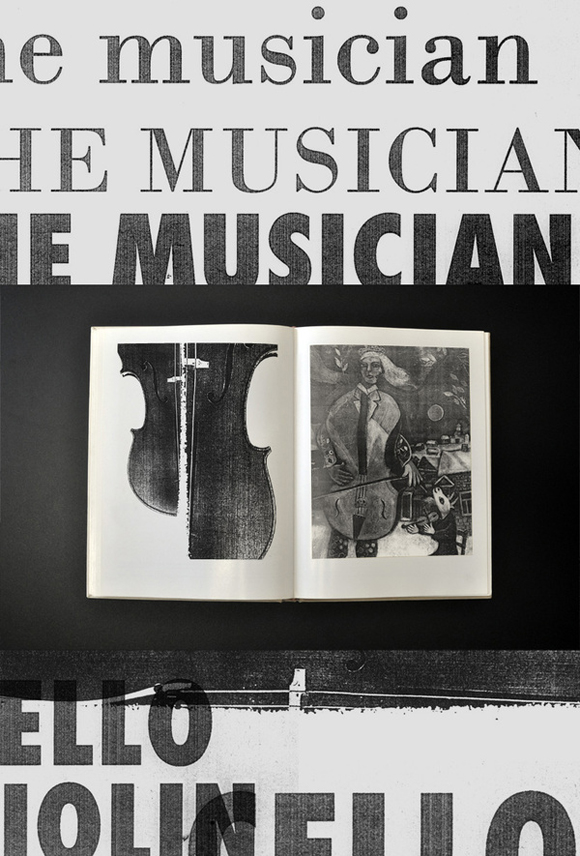
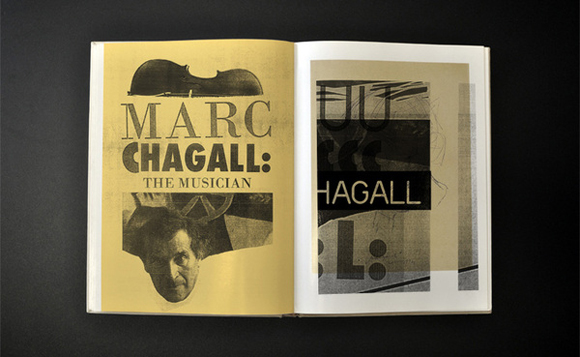
The Piracy Book: the question of originality
Millions of people share content everyday and it’s a fact that before the noughties the only thing we were referring as viral was the Ebola virus. The way we experience, remix, reinvent content has changed how we interact with information – and not just us digital beings. In many emerging countries book piracy is a phenomenon that cannot go unnoticed.
In Peru for example book piracy goes beyond creating unlicensed reprints: they have even begun to interfere with the content. An entire genre of “improved” book versions is emerging raising the question of originality. All the books, in a sense, become legitimate versions.
This was the inspiration behind The Piracy Book, a platform that innovatively explores the spectrum of copying / re-editing / translating / paraphrasing / imitating / re-organising / manipulating of already existing works. Starting from E.H. Gombrich’s “The History of Art”, each artist had to choose an image and re-interpret it. Machas’ Pianofuzz Studio participated to the project with a studio on Chagall’s “The Musician.”
The Piracy book is part of The Piracy Project, an international publishing and exhibition project exploring the philosophical, legal and practical implications of book piracy and creative modes of reproduction.
Formatted in black&white digital print and sound files, the book is made to be accessible and transportable. See the preview here
Similar Posts
-

“Among Photons” - Fernando Chamarelli’s first solo exhibition in Chicago
-
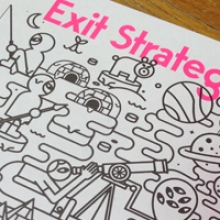
“What will Earth look like in 1000 years?”
-
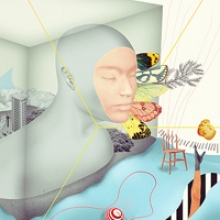
Stepping Out
-
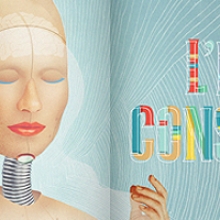
Love and spirituality in the high-tech age.
-

Play Time!
-
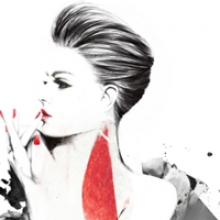
ENAMOURED: 80 years of Revlon
-
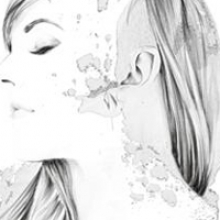
SPIROS HALARIS for Ellie Goulding & V Magazine
-
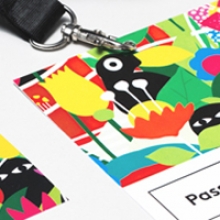
PUF!
-

Twenty Thousand Leagues Under the Sea
-
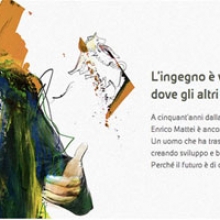
“A bright mind sees opportunities where no one else does”